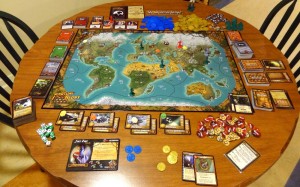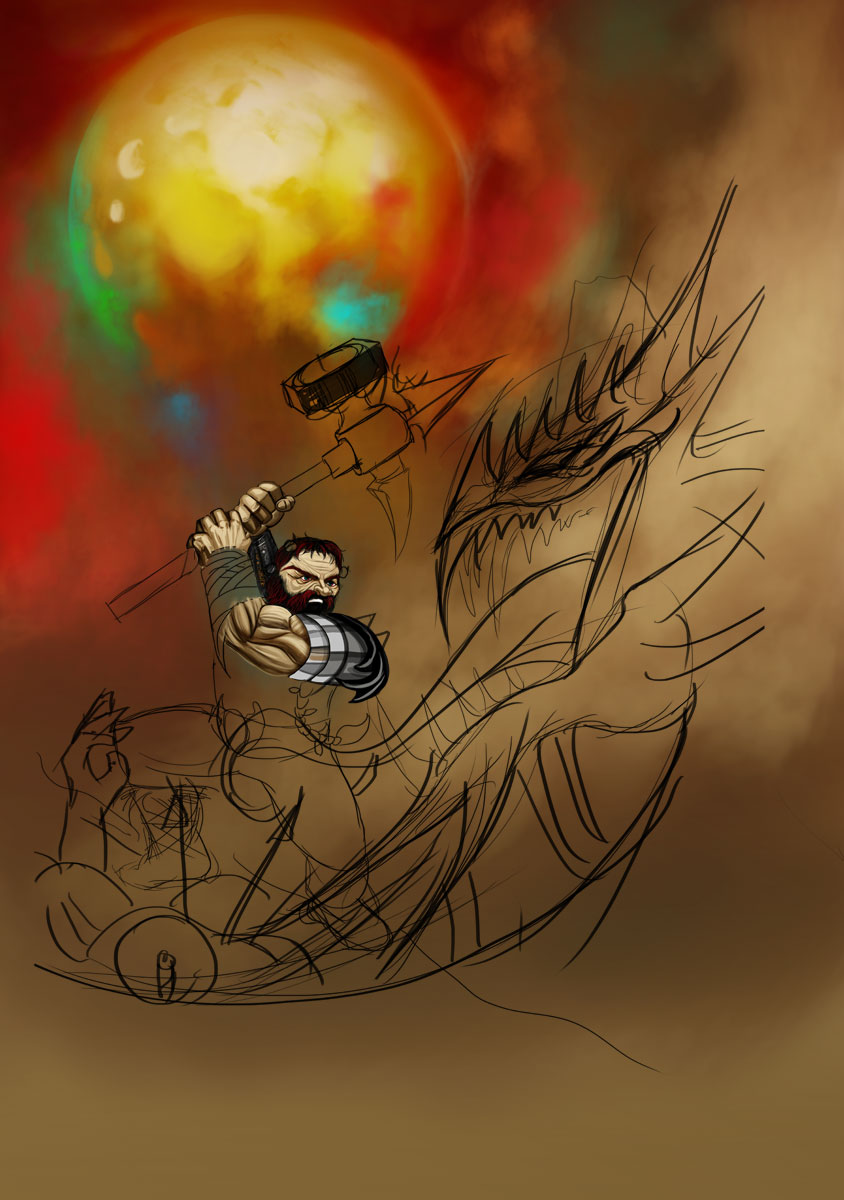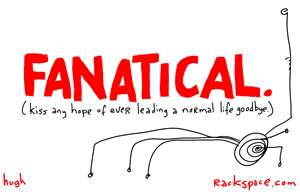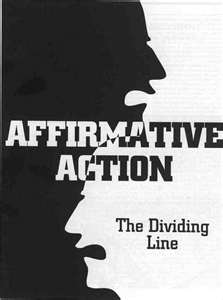There’s a lot of news lately about a story in Tennessee where many people with no alcohol or drugs in their system are getting DUI arrests on their record. A part of the problem here is many people take a field sobriety test where an officer determines that person is under the influence.
It’s an interesting problem because it’s quite clear the total number of people arrested with no impairment is a very low percentage, less than one percent, of all such arrests. It’s also clear we have a vested interest in keeping impaired drivers off the road.
Field Sobriety Tests are Hard
Do not take the field sobriety test. It’s hard. You will likely fail. Even the best-intentioned officer can mistake nervousness or being uncoordinated for being under the influence of drugs or alcohol. DUI arrests often follow such failed tests.
Officers typically perform field sobriety tests after accidents. The driver might be disoriented, even injured from the accident.
Frankly, I think the field sobriety test should just be shelved altogether. There’s just too much pressure on law enforcement officers to make an arrest. Imagine being the officer who pulled over a driver, decided they were sober, the driver went on cause an accident where people die, and the subsequent blood tests show the driver was under the influence.
Imperfect Detection
The tools officers use are imperfect. Drug test kits give false positives, the breathalyzer give false positives, drug-sniffing dogs take cues from officers and give false positives. The end result is too many DUI arrests where the driver was not impaired in any way.
The Negative Ramification of DUI Arrests
The people who are arrested in these circumstances face enormous difficulties. In the story we read about people who lost out on career opportunities while the case was pending, people who paid thousands of dollars to clear their name, and people who were ostracized within their peer group when they did nothing wrong at all.
It’s not fair to We The People.
Impaired Driving and Distracted Driving
Personally, I think distracted driving is a far greater problem than impaired driving but that’s not really the subject of today’s post. That being said, it is an enormous problem. Talk a walk around your town for a few miles and watch every driver who passes you by. The number of people not paying attention is frightening.
Solutions
As I wrote earlier; solutions are not particularly easy in this case. We do want to keep people off the road who are impaired. I think the best solution is to simply stop field DUI arrests. If an officer suspects a driver, pull them over, take them to the hospital for a blood test, and drive them to their destination afterwards. Don’t publicize it, don’t put a name in a report, don’t arrest them.
When the blood test comes back, take the appropriate action. Saving a few people from injustice is worth the price. Just ask anyone wrongly arrested.
Tom Liberman




















